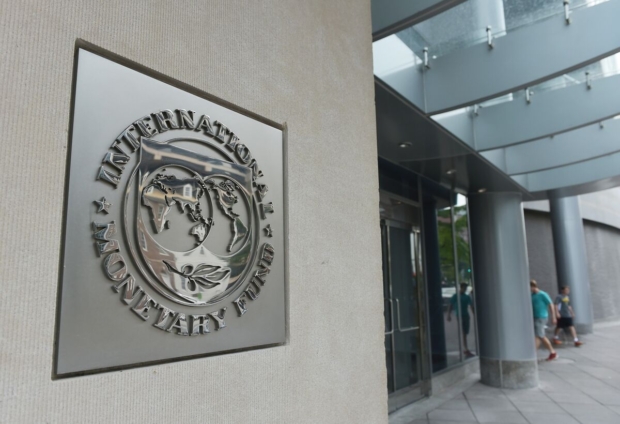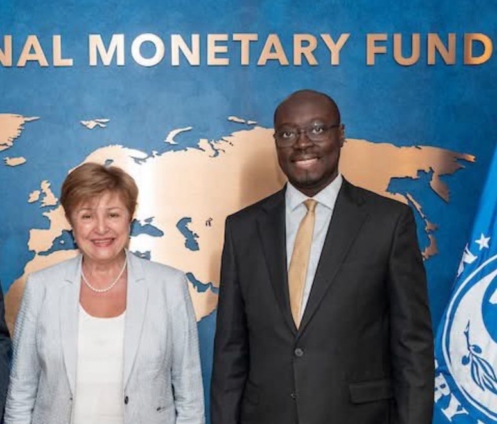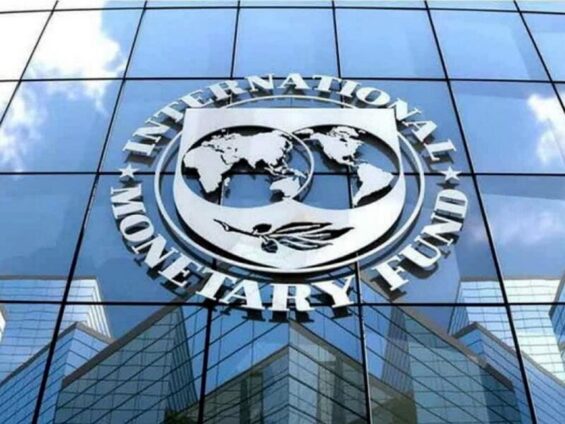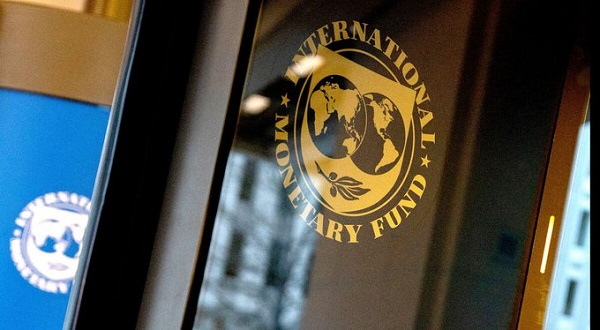IMF Approves $262 Million Disbursement for Ethiopia - Ecofin Agency
• The International Monetary Fund (IMF) has authorized a $262.3 million disbursement for Ethiopia, taking total payments under Extended Credit Facility program to roughly $1.87 billion.
• The new package will help Ethiopia implement its local economic reform program targeting macroeconomic imbalances and underpinning private sector-led growth.
The IMF's Executive Board approved a disbursement of $262.3 million for Ethiopia after completing the third review under the ECF, according to a statement from the institution published on Wednesday, July 2, 2025.
This disbursement brings the total payments under the agreement to approximately $1.87 billion. It will enable the country to meet its balance of payment and budget needs. With this loan, the aim is to support Ethiopia in implementing its local economic reform program (HGER) aiming at rectifying macroeconomic imbalances and setting the stage for a growth driven by the private sector.
"Authorities have made significant progress in executing their economic reform program during the first year of their IMF-backed program. Economic growth has been resilient, and inflation fell. The exchange rate reform corrected the real exchange rate imbalance and increased foreign currency availability," said Nigel Clarke, Deputy Managing Director and Chairman of the IMF Executive Board.
The Fund urged Ethiopian authorities to continue reforms in the monetary, financial, and currency sectors in order to strengthen macroeconomic stability, control inflation, and support private-sector-led growth.
On July 29, 2024, Ethiopia concluded a $3.4 billion ECF agreement over a period of 48 months with the IMF. This agreement marked a key stage in the restructuring process of the country's external debt, which stood at $28.5 billion at the end of 2023.
Despite robust economic growth, estimated at 8.1% in 2023/24, Ethiopia still faces significant economic and social constraints. Its Human Development Index (HDI) remains low at 0.38, while per capita income is limited to roughly $1,020. The country is also grappling with high inflation, estimated at 17.5% in September 2024, and a chronic shortage of foreign currency, which heavily impairs its import capability and mid-term macroeconomic stability.
You may also like...
Diddy's Legal Troubles & Racketeering Trial

Music mogul Sean 'Diddy' Combs was acquitted of sex trafficking and racketeering charges but convicted on transportation...
Thomas Partey Faces Rape & Sexual Assault Charges

Former Arsenal midfielder Thomas Partey has been formally charged with multiple counts of rape and sexual assault by UK ...
Nigeria Universities Changes Admission Policies

JAMB has clarified its admission policies, rectifying a student's status, reiterating the necessity of its Central Admis...
Ghana's Economic Reforms & Gold Sector Initiatives

Ghana is undertaking a comprehensive economic overhaul with President John Dramani Mahama's 24-Hour Economy and Accelera...
WAFCON 2024 African Women's Football Tournament

The 2024 Women's Africa Cup of Nations opened with thrilling matches, seeing Nigeria's Super Falcons secure a dominant 3...
Emergence & Dynamics of Nigeria's ADC Coalition

A new opposition coalition, led by the African Democratic Congress (ADC), is emerging to challenge President Bola Ahmed ...
Demise of Olubadan of Ibadanland
Oba Owolabi Olakulehin, the 43rd Olubadan of Ibadanland, has died at 90, concluding a life of distinguished service in t...
Death of Nigerian Goalkeeping Legend Peter Rufai

Nigerian football mourns the death of legendary Super Eagles goalkeeper Peter Rufai, who passed away at 61. Known as 'Do...




